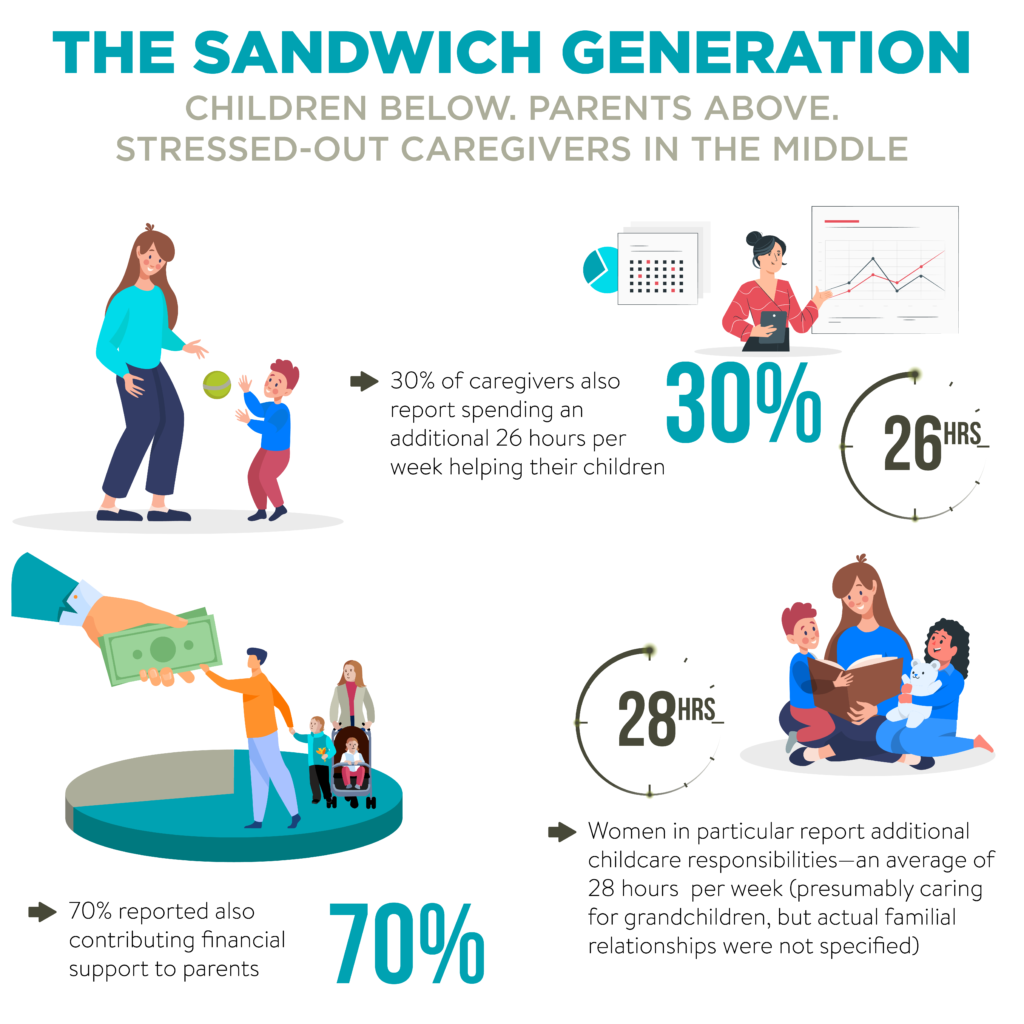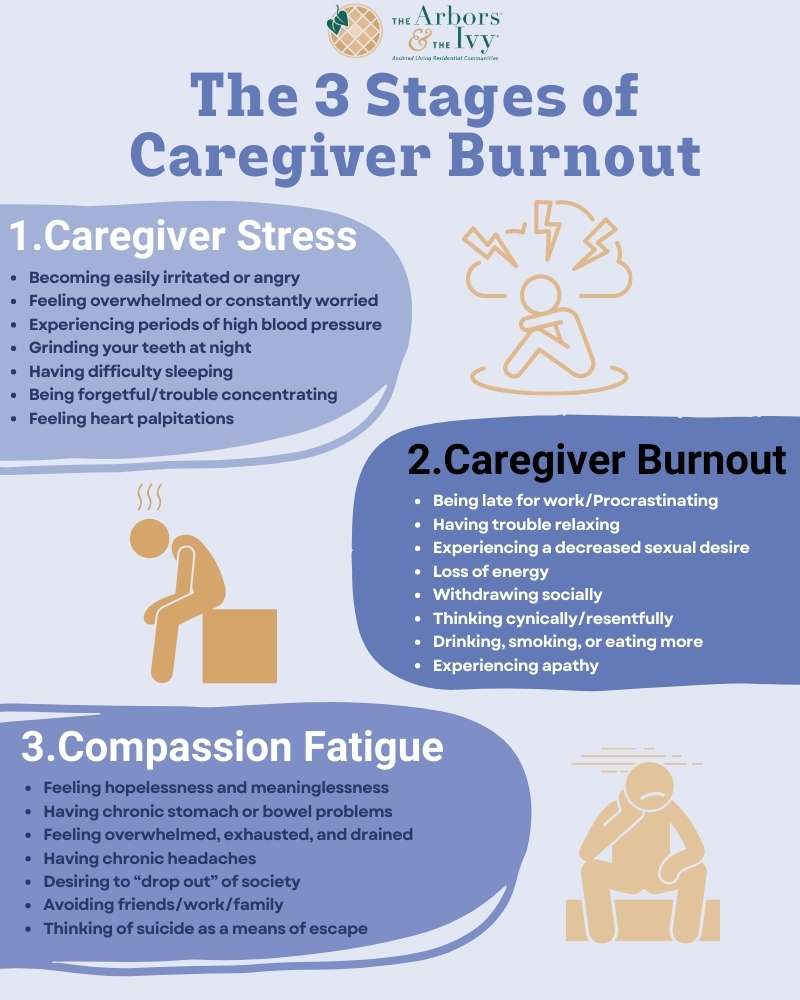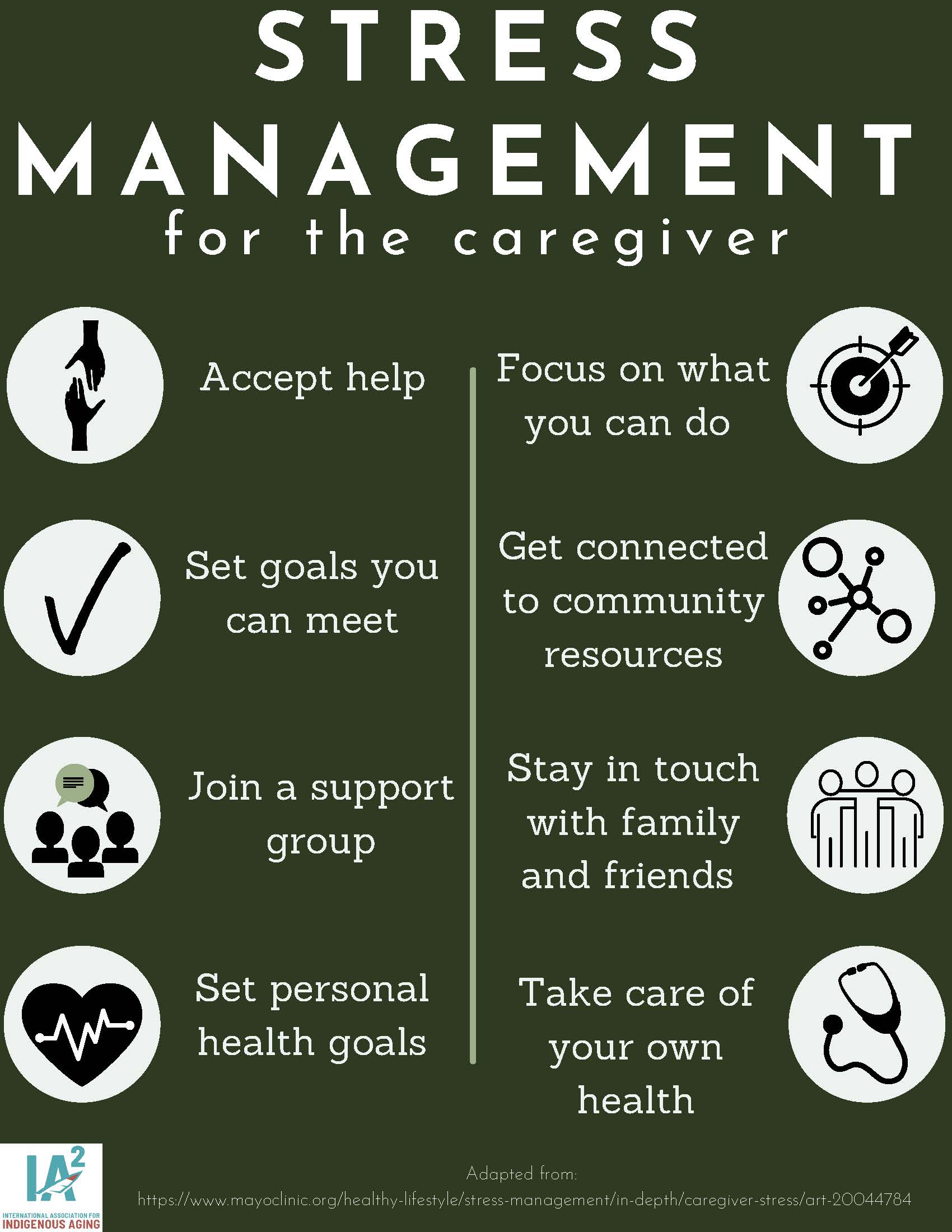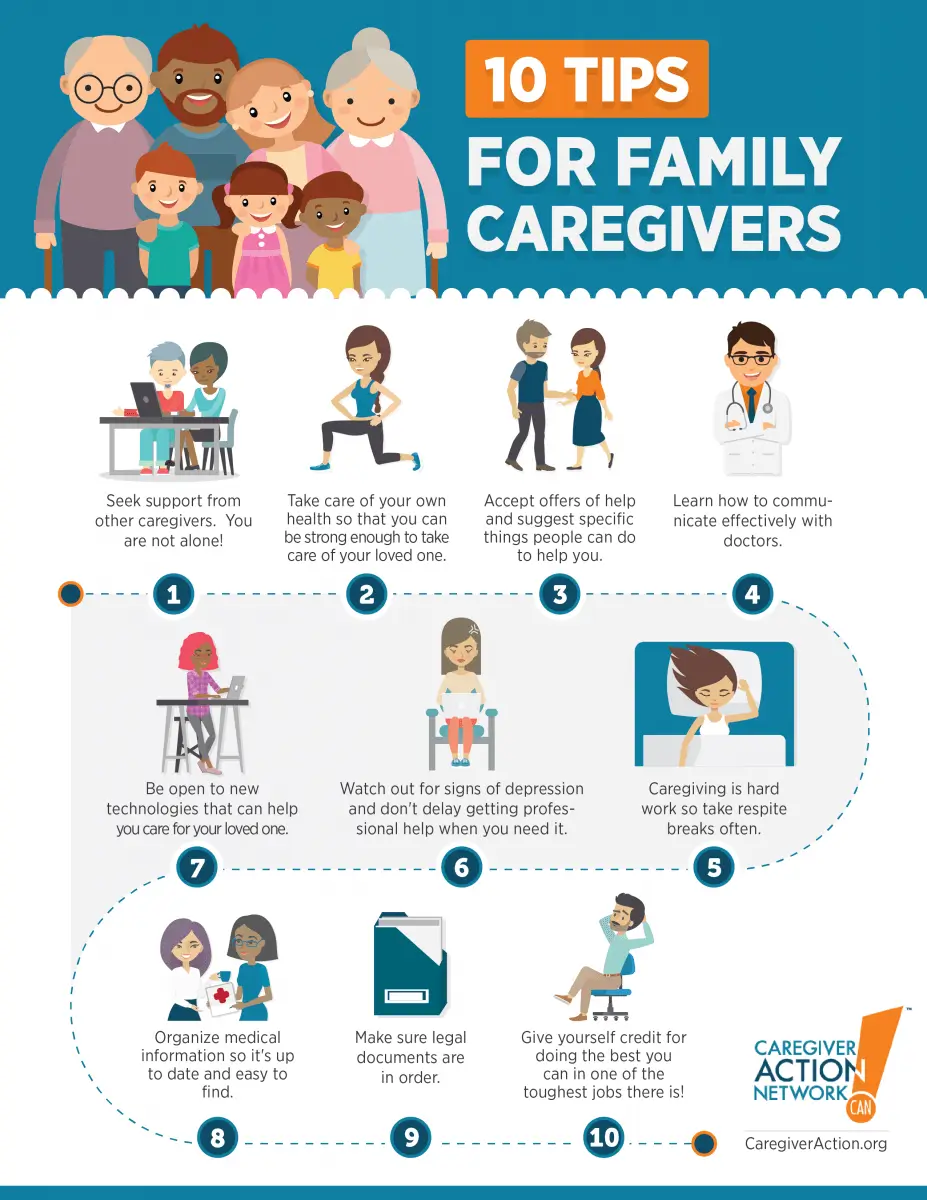How to Balance Caring for Aging Parents and Your Personal Life

How to Balance Caring for Aging Parents and Your Personal Life
As a member of the sandwich generation, balancing the responsibilities of caring for aging parents with personal life can be incredibly challenging. Middle-aged individuals, particularly those between 40 and 55, often find themselves juggling caregiving duties alongside work, family, and personal commitments. This article provides practical advice and strategies to help you navigate these responsibilities effectively.

Understanding the Challenges
Caring for aging parents involves a range of tasks, from managing medical appointments and financial affairs to providing emotional support and physical care. This can be time-consuming and emotionally demanding, often leading to stress, burnout, and conflicts with other aspects of life.

Common Challenges:
-
Time Management: Balancing caregiving with work and personal responsibilities.
-
Emotional Stress: Dealing with the emotional toll of caregiving.
-
Financial Burden: Managing increased expenses related to caregiving.
-
Loss of Personal Time: Reduced time for hobbies, friendships, and self-care.

Strategies for Balancing Caregiving and Personal Life

1. Create a Daily Schedule
-
Prioritize Tasks: Allocate time for caregiving, work, and personal activities.
-
Use Technology: Utilize digital calendars and reminders to stay organized.
-
Set Boundaries: Clearly define your availability for caregiving tasks.
2. Explore Support Options
-
Home Care Services: Consider hiring professional caregivers for respite or regular support.
-
Support Groups: Join online or local groups to connect with other caregivers and share experiences.
-
Family Involvement: Involve other family members in caregiving tasks when possible.

3. Communicate with Employers
-
Flexible Work Arrangements: Discuss flexible hours or remote work options with your employer.
-
Leave Policies: Understand and utilize family leave policies if available.
-
Open Communication: Keep your employer informed about your caregiving responsibilities.

4. Prioritize Self-Care
-
Physical Health: Regular exercise and healthy eating can help manage stress.
-
Mental Health: Engage in activities that promote relaxation and emotional well-being, such as meditation or hobbies.
-
Social Connections: Maintain friendships and social connections to avoid isolation.

5. Seek Financial Assistance
-
Government Programs: Explore government resources like the National Family Caregiver Support Program.
-
Financial Planning: Consult with a financial advisor to manage caregiving expenses effectively.

Navigating Complex Family Dynamics
Caring for aging parents often involves navigating complex family dynamics, especially if siblings or other relatives are involved. Here are some tips to manage these dynamics effectively:

1. Open Communication
-
Regular Meetings: Hold family meetings to discuss caregiving responsibilities and concerns.
-
Clear Roles: Define roles and responsibilities among family members to avoid confusion.

2. Conflict Resolution
-
Mediation: Consider seeking mediation if conflicts arise.
-
Focus on Shared Goals: Emphasize the shared goal of providing the best care for your parents.

Managing Logistics and Errands
Managing your parents’ affairs can be overwhelming, especially when it comes to tasks like shopping, booking appointments, and managing finances. Here are some strategies to simplify these tasks:

1. Use Technology
-
Online Services: Utilize online services for grocery shopping, bill payments, and appointment scheduling.
-
Apps: Explore apps designed to help caregivers manage tasks and communicate with healthcare providers.

2. Delegate Tasks
-
Family Members: Involve other family members in tasks like grocery shopping or transportation.
-
Professional Services: Consider hiring professionals for tasks like financial management or home maintenance.

Conclusion
Balancing caregiving responsibilities with personal life requires careful planning, open communication, and a willingness to seek support. By implementing these strategies, you can manage your caregiving duties effectively while maintaining your well-being and personal life.

Additional Resources for Caregivers
If you’re looking for more information or support, here are some valuable resources:
-
AARP: Offers comprehensive guides, legal checklists, and an online community for caregivers.
-
National Family Caregiver Support Program (NFCSP): Provides grants for caregiver support services.
-
Alzheimer’s Association: Offers resources and support for caregivers dealing with dementia.
-
Local Area Agencies on Aging: Connects caregivers with local resources and services.
These resources can provide additional guidance and support as you navigate the challenges of caregiving.
Final Thoughts
Caring for aging parents is a rewarding yet challenging experience. By prioritizing your own well-being, seeking support, and managing your responsibilities effectively, you can ensure that both you and your parents receive the care and attention needed. Remember, you are not alone in this journey, and there are many resources available to help you along the way.










